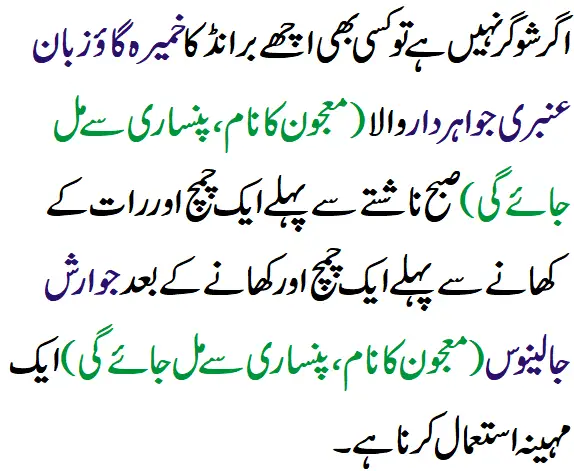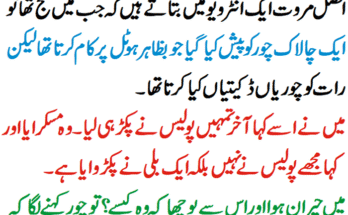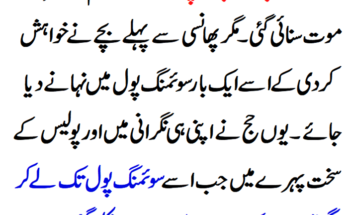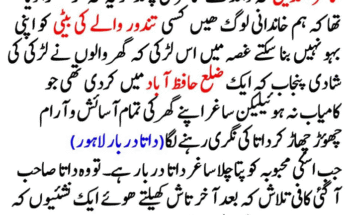Introduction
High blood pressure, or hypertension, is a common health condition that significantly increases the risk of serious cardiovascular events. However, the good news is that lifestyle changes play a pivotal role in managing and preventing high blood pressure. In this guide, we will explore what high blood pressure is, its impact on health, and practical lifestyle changes to protect your well-being.
What is High Blood Pressure?
Definition and Measurement
High blood pressure is a condition where the force of blood against the artery walls is consistently too high. Blood pressure is measured in millimeters of mercury (mmHg), and it consists of two values: systolic pressure (when the heart beats) and diastolic pressure (when the heart rests between beats). Normal blood pressure is typically around 120/80 mmHg.
Differentiating Between Systolic and Diastolic Pressure
Understanding the difference between systolic and diastolic pressure is crucial. Systolic pressure represents the force of blood when the heart contracts, while diastolic pressure is the force when the heart is at rest.
Normal vs. Elevated Blood Pressure
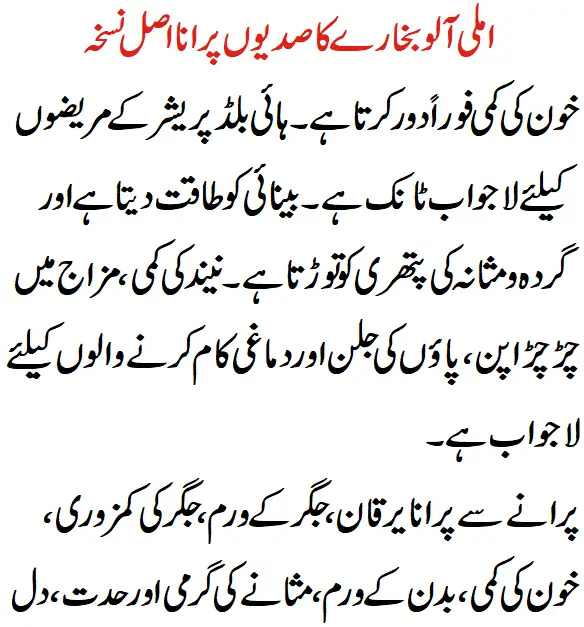
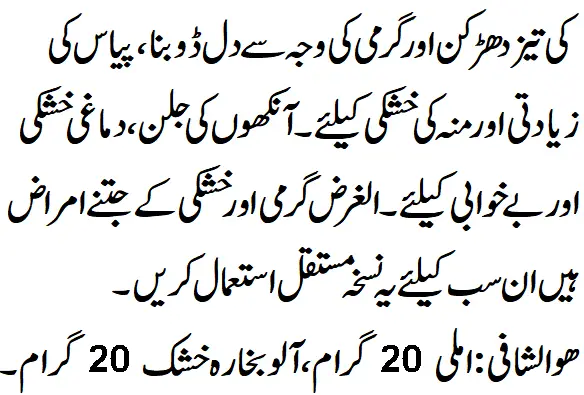
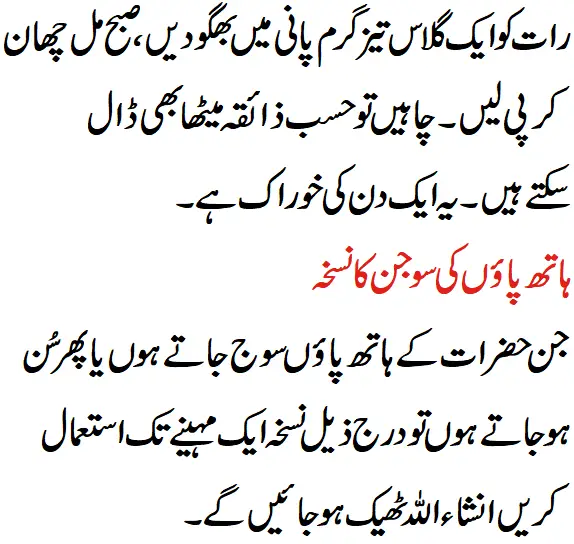
Elevated blood pressure, often categorized as prehypertension, is a warning sign that lifestyle changes are necessary. It’s a crucial stage for intervention to prevent progression to hypertension.
The Impact of High Blood Pressure on Health
Cardiovascular Risks
Uncontrolled high blood pressure significantly increases the risk of heart disease and stroke. The constant strain on the cardiovascular system can lead to the narrowing of arteries and damage to vital organs.
Kidney Damage
The kidneys play a role in regulating blood pressure. Persistent hypertension can damage the kidneys over time, leading to complications like chronic kidney disease.
Cognitive Impacts
There’s a link between high blood pressure and cognitive decline. Managing blood pressure is not only vital for cardiovascular health but also for preserving cognitive function as individuals age.
Lifestyle Changes for Blood Pressure Management
Importance of a Balanced Diet
A heart-healthy diet, such as the DASH (Dietary Approaches to Stop Hypertension) diet, emphasizes fruits, vegetables, whole grains, and lean proteins. This dietary approach is proven to lower blood pressure.
Regular Physical Activity
Exercise is a powerful tool for blood pressure management. Aim for at least 150 minutes of moderate-intensity exercise per week, incorporating activities like brisk walking, swimming, or cycling.
Stress Management Techniques
Stress can contribute to elevated blood pressure. Adopting stress management techniques such as deep breathing, meditation, and yoga can have a positive impact on blood pressure levels.
Dietary Adjustments for Blood Pressure Control
DASH Diet Overview
The DASH diet specifically targets high blood pressure by promoting nutrient-rich foods and limiting sodium intake. It emphasizes the importance of potassium, calcium, and magnesium for blood pressure regulation.
Foods to Include and Avoid
Incorporate fruits, vegetables, whole grains, and low-fat dairy into your diet. Limit the intake of processed foods, red meat, and foods high in saturated fats and sodium.
Importance of Sodium Reduction
Excessive sodium intake contributes to high blood pressure. Read food labels, choose low-sodium alternatives, and avoid adding extra salt to meals.
Exercise and Physical Activity
Role of Regular Exercise in Blood Pressure Management
Exercise strengthens the heart and improves blood flow, contributing to lower blood pressure. Consistency is key to experiencing the long-term benefits of regular physical activity.
Types of Physical Activities Beneficial for Hypertension
Aerobic exercises, such as walking, jogging, and swimming, are particularly effective in managing blood pressure. Strength training can also complement aerobic activities.
Creating a Sustainable Exercise Routine
Find activities you enjoy to make exercise a regular part of your routine. Whether it’s dancing, hiking, or cycling, choose activities that bring joy to your fitness journey.
Stress Management for Hypertension
Connection Between Stress and High Blood Pressure
Chronic stress can elevate blood pressure. Recognizing stressors and implementing stress-reducing activities is essential for overall well-being.
Relaxation Techniques
Incorporate relaxation techniques into your daily routine. Practices such as meditation, progressive muscle relaxation, and mindfulness can help manage stress and support blood pressure control.
Incorporating Mindfulness into Daily Life
Mindful living involves being present in the moment. Whether it’s mindful eating or taking short breaks to focus on your breath, mindfulness can positively impact blood pressure.
Impact of Smoking and Alcohol on Blood Pressure
Negative Effects of Smoking on Cardiovascular Health
Smoking damages blood vessels and raises blood pressure. Quitting smoking is a crucial step towards better cardiovascular health.
Moderation in Alcohol Consumption
While moderate alcohol consumption may have some cardiovascular benefits, excessive drinking can raise blood pressure. Limit alcohol intake and seek professional help if needed.


